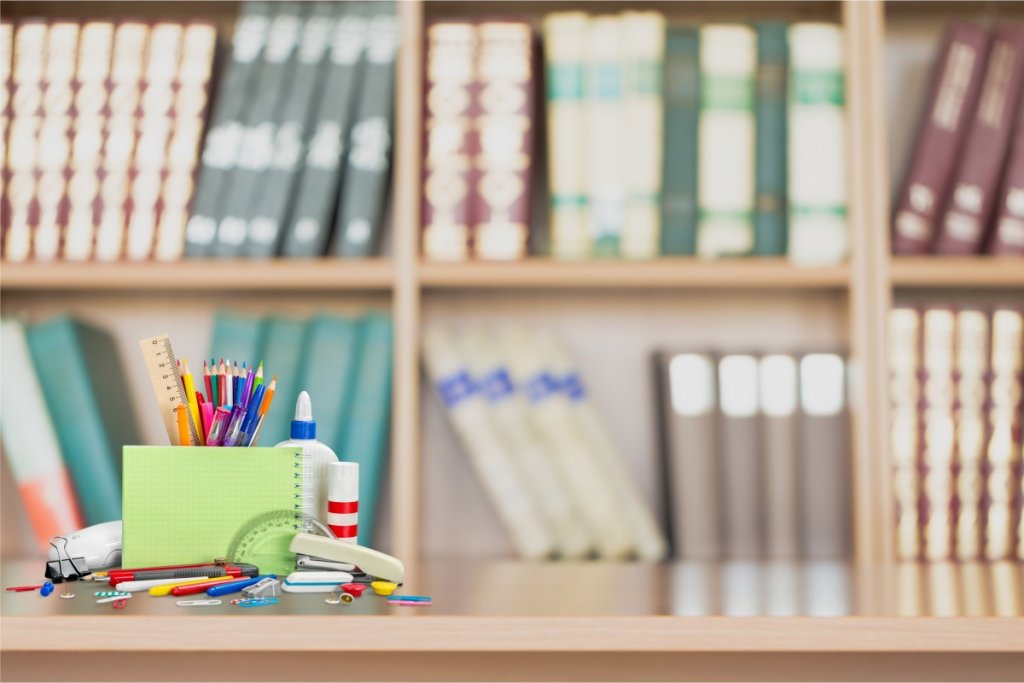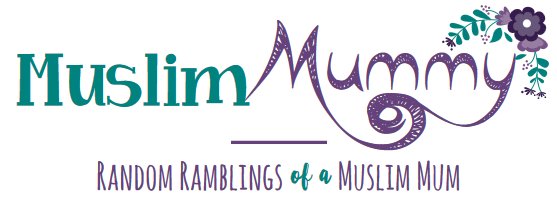This is a collaborative post.
When choosing a good school for your child there’s a lot to think about. It’s not just about a school ticking the boxes for having good facilities and an excellent reputation for teaching. It’s knowing that school upholds your, and your child’s, beliefs and values.
Whatever the institution, be that public, private, or a boarding and day school, such as Rossall in Lancashire, there are a number of key considerations that a school should make. Not only about the quality of the education it will offer your child, but how it accommodates for Muslim students.

Dietary requirements
This is a key area to first question when considering a school. It’s important to find out if Halal meat is provided for pupils as an option at school meals. If so, is it provided by a reputable Halal meat supplier?
It’s also worth checking if the school provides the requirements for storing, preparing and serving Halal meals, and that’s it’s clearly labelled. Also, consider finding out if the catering staff have received guidance and training about preparing and presenting Halal foods.
Religious holidays and fasting
The majority of schools base their main term breaks off the Gregorian calendar, and around the times of Easter and Christmas. However, some schools may make concessions for important religious holidays, such as the festivals of Eid. This is something to discuss with your potential schools to make sure can take your child out of school to celebrate such holidays.
Understanding how your potential school accommodates for Ramadan is another important area to consider. You’ll want to ensure that your child will be able to complete fasting and prayers throughout the whole month, especially if your child is away at boarding school.
It’s also worth finding out if the school takes fasting into consideration when planning its exam timetable, which may fall during Ramadan. A school should consider that studying for exams while fasting can be challenging for some pupils.
Prayer and daily rituals
Observance of prayer at a school is also important and a key area to look into when doing your research. The five obligatory daily prayers, for example, should be accommodated by a school. For those prayers that take place during school hours, it’s wise to find out if the school has a prayer room, where the prayers can be performed. If not, does the school provide prayer mats and is there a suitable room that can be used instead?
It’s also important to know if the school has washing facilities available, preferably near to the prayer area, where your child can complete ritual washing and cleanliness. If not, it’s a good idea to check if there is an allocated section of the school toilet facilities available for Muslim pupils to use, including to wash their feet.
Uniform and dress code
When it comes to a school uniform, there are important things to know, so it’s worth checking with a school about their uniform rules. You should find out if the school accommodates for particular dress requirements for Muslim pupils, such as an available full-length skirt and head scarf. Check if a head scarf can also be worn during lessons, such as physical education (PE) – see below.
It’s also good to know about the school’s dress code – can religious amulets can be worn, for instance? Also, find out if it respects a Muslim boy’s decision to grow a beard.
PE and sportswear
Making sure your school of choice caters for your child during physical education (PE) is also something to find out about. Does it, for instance, allow for Muslim children to cover up or wear a tracksuit – probably the most suitable sportswear that respects Islamic modesty – when playing games?
Also, what facilities does the school have for changing and showering? It’s a good idea to check if there are individual facilities available, such as cubicles that your child can use in private, which respect their (and your) beliefs and values.
Researching a school to learn about important areas like these, and ask related key questions, such as at an open day, can really help you know if that school is right for your child. You can have peace of mind knowing that you and your child’s beliefs and values will be recognised and respected. You can also be certain that equality is an important part of your school of choice and what it stands for.
